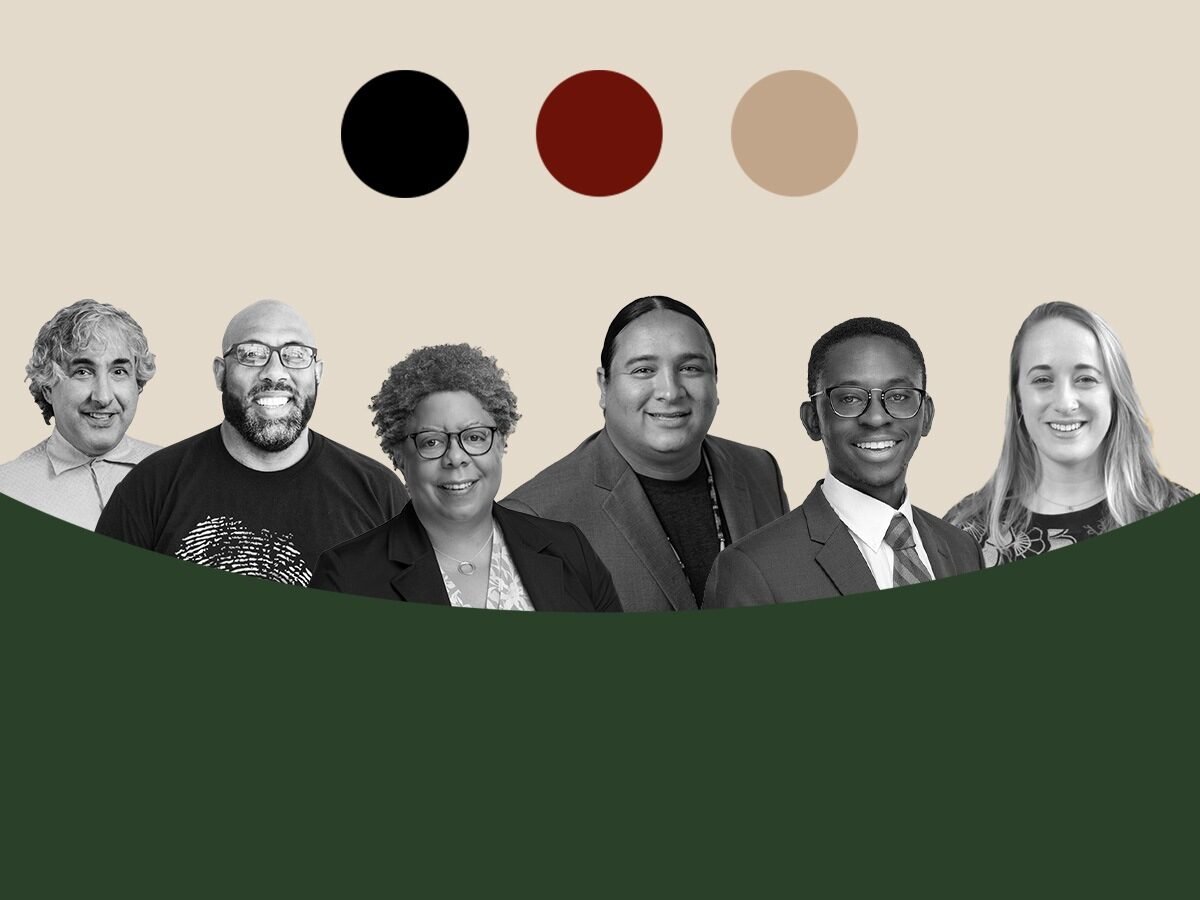Saru Jayaraman: There is as massive of a childcare exodus and shortage as there is a restaurant worker exodus and shortage—and women and people of color are collectively in this country saying, “Take your low wage job and shove it.”
We’ve been monitoring [this]. A million workers have left the industry. Women and Black workers in particular have left restaurants at a much higher rate [than] other workers. They’re just done.
They suffered from much higher, much higher levels of harassment during the pandemic. Sixty percent of all workers said tips went down during the pandemic. Over 70 percent of Black workers said tips went down during the pandemic.
Seventy percent of all workers said, “If I try to enforce COVID protocols, I get screamed or yelled at or tipped less.” Eighty-five percent of Black workers said, “If I try to enforce COVID protocols, I get tipped less.” And worse. We’ve had workers punched, one even shot, for trying to enforce these COVID protocols.
Sign up for our free newsletters
Subscribe to NPQ's newsletters to have our top stories delivered directly to your inbox.
By signing up, you agree to our privacy policy and terms of use, and to receive messages from NPQ and our partners.
And so, workers are saying “We’re done. We are done.” And that is very hopeful. It has led to a lot of rethinking—in our industry, at least. Restaurants are totally rethinking how they run their businesses. We had a flood of restaurant owners come to us after the murder of George Floyd and over the last two years, asking for help to think through how to restructure.
And the pandemic itself forced them to rethink things that impact race and gender equity. So, for example, there has long been segregation in our industry—people of color in the back of the house, what we call the back of house, which is the kitchen. Whiter workers in the front of the house, the dining room.
And even within the front of the house, you’ve got tipped workers who are bussers, who are people of color, and servers who are white workers—severe segregation that is as much a reflection of plantation slavery as the wage itself. It comes from the field and the house. It’s old, horrible stuff. And yet, during the pandemic, when there was no dining in, and everything was takeout and delivery, suddenly everybody had to work together. It all became one house. And everybody got a full wage, and tips were shared. And employers found, whoa, this is a way better system, “I like it a lot better.” We saw so many thousands of restaurants move in this direction, because they suddenly had to, they had to. They had to think differently.
So, I just think as much as we are concerned about these intersectionality issues, there’s also a lot of hope that, in fact, workers of color and women are the ones who are going to lead us to a different future on this issue.













